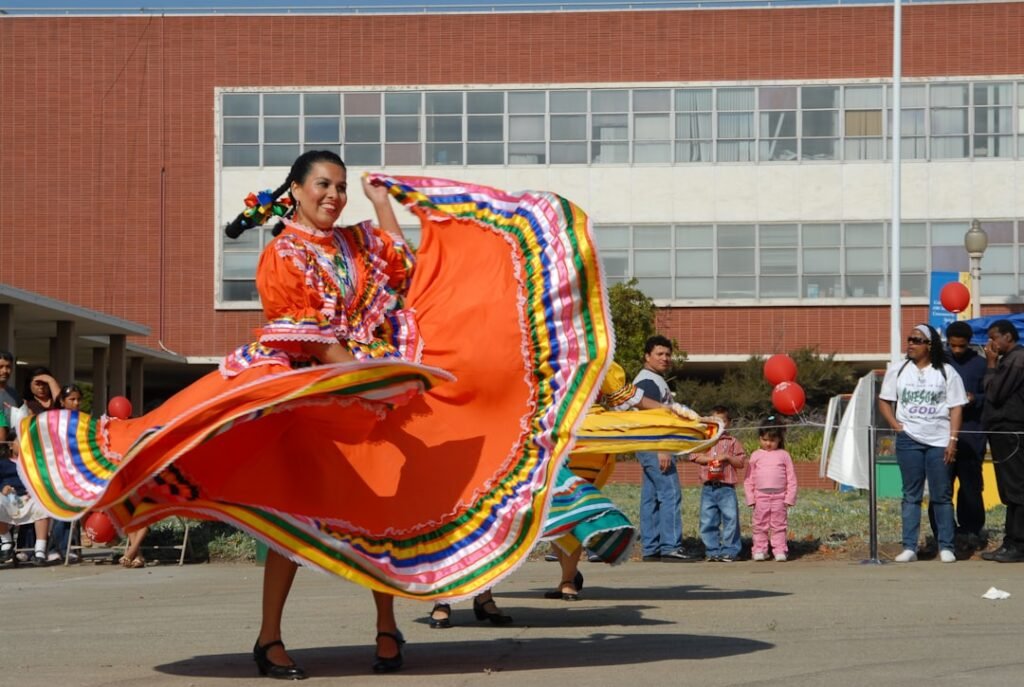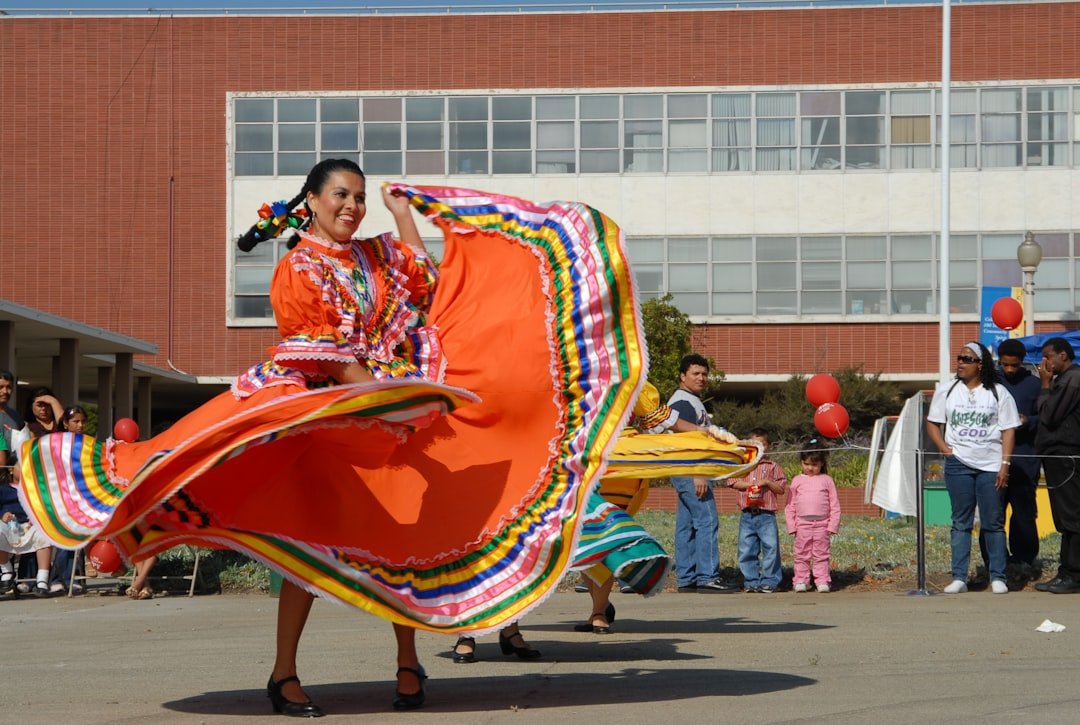Now Reading: Nostalgia: Gamers Revisiting Childhood Games and Crying
-
01
Nostalgia: Gamers Revisiting Childhood Games and Crying
Nostalgia: Gamers Revisiting Childhood Games and Crying

As I sit down to play a game that I cherished during my formative years, I can’t help but feel a wave of nostalgia wash over me. The pixelated graphics, the familiar soundtracks, and the simple yet engaging gameplay transport me back to a time when life was less complicated. Nostalgia has a powerful grip on us, especially when it comes to video games.
It’s not just about reliving the past; it’s about reconnecting with a part of ourselves that may have been lost in the hustle and bustle of adulthood. The act of revisiting childhood games is akin to opening a time capsule filled with memories, emotions, and experiences that shaped who I am today. The resurgence of retro gaming is not merely a trend; it’s a testament to the profound impact these games have had on our lives.
As I delve into the pixelated worlds of my youth, I find comfort in the familiarity of the characters and storylines. The power of nostalgia lies in its ability to evoke feelings of joy, warmth, and even melancholy. It reminds me of simpler times, where my biggest concern was defeating the final boss or collecting all the hidden treasures.
In a world that often feels overwhelming, revisiting these games offers a sense of solace and connection to my past.
Key Takeaways
- Revisiting childhood games can evoke strong emotions and provide comfort and relief for gamers.
- Certain video games hold a special place in our hearts and can bring gamers to tears due to the emotional impact.
- Childhood games play a role in managing stress and anxiety in adulthood, providing a coping mechanism for gamers.
- The connection between nostalgia and emotion is strong, as childhood games evoke powerful feelings in gamers.
- Embracing nostalgia and revisiting childhood games has become a trend in gaming culture, allowing gamers to share and connect over their shared experiences.
The Emotional Impact: How Revisiting Childhood Games Can Bring Gamers to Tears
There’s something undeniably emotional about revisiting childhood games. As I navigate through familiar landscapes and encounter beloved characters, I often find myself overwhelmed by a rush of feelings. It’s not uncommon for tears to well up in my eyes as I recall the moments that made these games special.
Perhaps it’s the bittersweet realization that those carefree days are behind me, or maybe it’s the recognition of how much I’ve grown since then. Whatever the reason, the emotional impact of these games is profound and often unexpected. The tears that flow while playing are not just a sign of sadness; they are also a reflection of joy and gratitude.
Each game holds a treasure trove of memories—moments spent with friends, family, or even alone in my room, immersed in another world. These experiences shaped my childhood and contributed to my identity. When I revisit these games, I’m not just playing; I’m reliving cherished memories that remind me of who I was and how far I’ve come.
It’s a cathartic experience that allows me to process emotions that may have been buried under the weight of adulthood.
The Role of Video Games in Childhood Memories: Why Certain Games Hold a Special Place in Our Hearts

Certain video games have an uncanny ability to etch themselves into our memories, becoming symbols of our childhood experiences. For me, games like “The Legend of Zelda” or “Super Mario Bros.” are more than just entertainment; they represent milestones in my life. These games were often shared with friends or family, creating bonds that transcended the screen.
The laughter, the competition, and even the frustrations we experienced together are woven into the fabric of these memories. The significance of these games goes beyond mere gameplay; they encapsulate moments of joy, discovery, and growth. As I reflect on my childhood, I realize that these games were not just pastimes; they were gateways to adventure and imagination.
They provided an escape from reality and allowed me to explore new worlds and ideas. The characters became friends, and their journeys mirrored my own experiences. This deep connection is why certain games hold a special place in my heart, serving as reminders of the innocence and wonder of childhood.
The Evolution of Gaming: Comparing Childhood Games to Modern Titles
As I look back at the games of my youth, it’s fascinating to see how far the industry has come. The evolution of gaming technology has transformed the landscape dramatically. From 8-bit graphics to hyper-realistic visuals, modern titles offer an immersive experience that was once unimaginable.
However, despite these advancements, there’s something uniquely charming about the simplicity of childhood games. They may lack the graphical fidelity of today’s titles, but they possess an undeniable charm that resonates with me on a deeper level. While modern games often focus on complex narratives and intricate mechanics, childhood games were straightforward yet captivating.
They relied on creativity and imagination rather than cutting-edge technology. As I play through these classic titles again, I appreciate their ability to engage players without overwhelming them with options or distractions. There’s a purity in their design that reminds me why I fell in love with gaming in the first place.
In many ways, revisiting these childhood games serves as a reminder that sometimes less is more.
Nostalgia in Gaming Culture: How Revisiting Childhood Games has Become a Trend
In recent years, there has been a noticeable trend within gaming culture: the resurgence of retro gaming and the celebration of childhood classics. As I scroll through social media or browse gaming forums, I see countless discussions about beloved titles from the past. This collective nostalgia has sparked a movement where gamers are not only revisiting their favorite childhood games but also sharing their experiences with others.
It’s heartwarming to see how these shared memories create a sense of community among gamers. The trend extends beyond mere gameplay; it encompasses merchandise, remakes, and even conventions dedicated to celebrating retro gaming culture. As I attend events or participate in online discussions, I feel a sense of camaraderie with fellow gamers who share similar experiences and emotions tied to these classic titles.
This revival is not just about reliving the past; it’s about honoring the impact these games have had on our lives and recognizing their place in gaming history.
The Psychological Impact: Understanding Why Gamers Cry When Revisiting Childhood Games

The tears that often accompany revisiting childhood games can be perplexing at first glance. However, delving into the psychological aspects reveals a deeper understanding of why this occurs. Nostalgia triggers a complex interplay of emotions—joy, sadness, longing—that can lead to an overwhelming response.
As I engage with these games, I’m reminded not only of my childhood but also of the passage of time and the changes that come with growing up. Psychologically speaking, nostalgia serves as a coping mechanism for many individuals. It allows us to reconnect with our past selves and find comfort in familiar experiences during times of stress or uncertainty.
When I play these childhood games, I’m not just reminiscing; I’m also processing emotions related to my current life circumstances. The act of revisiting these titles can provide a sense of closure or healing as I confront feelings that may have been buried beneath the surface.
The Connection Between Nostalgia and Emotion: How Childhood Games Evoke Strong Feelings in Gamers
The connection between nostalgia and emotion is particularly strong when it comes to childhood games. As I immerse myself in these familiar worlds, I find that certain sounds or visuals can evoke powerful memories almost instantaneously. The theme music from “Final Fantasy” can transport me back to late nights spent playing with friends, while the vibrant colors of “Sonic the Hedgehog” remind me of carefree summer days spent outdoors.
These emotional responses are rooted in our brain’s wiring; nostalgia activates areas associated with memory and emotion. When I hear those iconic soundtracks or see beloved characters on screen, it triggers a flood of memories tied to those experiences. This connection is what makes revisiting childhood games so impactful—it’s not just about gameplay; it’s about reliving moments that shaped my identity and emotional landscape.
The Healing Power of Nostalgia: How Revisiting Childhood Games Can Provide Comfort and Relief
In times of stress or uncertainty, revisiting childhood games can serve as a source of comfort and relief. As I navigate through life’s challenges, turning to these familiar titles offers a sense of stability amidst chaos. The act of playing becomes a form of self-care—a way to reconnect with simpler times when worries were few and joy was abundant.
The healing power of nostalgia lies in its ability to provide solace during difficult moments. When I find myself feeling overwhelmed by adult responsibilities or anxieties, immersing myself in a beloved game allows me to escape momentarily into a world where everything feels manageable again. It’s a reminder that joy can be found in small moments and that sometimes all we need is a little bit of nostalgia to lift our spirits.
Coping with Adulthood: Exploring the Role of Childhood Games in Managing Stress and Anxiety
Adulthood often brings its own set of challenges—stress from work, relationships, and responsibilities can weigh heavily on our minds. In navigating this complex landscape, childhood games have become an unexpected ally in managing stress and anxiety for me. When life feels overwhelming, returning to those familiar titles provides an outlet for escapism and relaxation.
Playing these games allows me to momentarily step away from adult pressures and immerse myself in a world where challenges are presented in manageable doses—where defeating a boss or solving a puzzle feels like an achievable victory. This sense of accomplishment can be incredibly therapeutic during times when real-life achievements may feel out of reach. By engaging with childhood games, I find solace in their simplicity and familiarity amidst the complexities of adulthood.
The Community Aspect: How Gamers Share and Connect Over Nostalgic Childhood Games
One of the most beautiful aspects of revisiting childhood games is the sense of community it fosters among gamers. As I engage with others who share similar experiences tied to these classic titles, I feel an instant connection—a bond forged through shared memories and emotions. Online forums, social media groups, and gaming conventions provide spaces for us to come together and celebrate our love for these nostalgic gems.
Sharing stories about favorite moments or discussing strategies for overcoming challenging levels creates an atmosphere of camaraderie that transcends age or background. It’s heartening to see how these shared experiences can bridge generational gaps—older gamers reminiscing about their childhood favorites while introducing younger players to timeless classics. This sense of community reinforces the idea that nostalgia is not just an individual experience; it’s something we can collectively cherish and celebrate.
Embracing Nostalgia: Tips for Gamers to Revisit Childhood Games and Embrace the Emotions That Come With It
For those looking to embrace nostalgia through gaming, there are several tips that can enhance the experience. First and foremost, create an environment conducive to immersion—dim lighting, comfortable seating, and perhaps even some snacks reminiscent of your childhood can set the mood perfectly. As I prepare for a nostalgic gaming session, I often find myself reminiscing about what made those moments special—whether it was sharing snacks with friends or simply enjoying quiet evenings alone.
Additionally, consider reaching out to friends or family members who shared those gaming experiences with you. Playing together again can amplify the emotional impact as you reminisce about shared victories and challenges faced together. Lastly, allow yourself to fully embrace whatever emotions arise during gameplay—whether it’s joy, sadness, or nostalgia—acknowledging these feelings can deepen your connection to both the game and your own memories.
In conclusion, revisiting childhood games is more than just playing; it’s an emotional journey filled with nostalgia that connects us to our past selves while providing comfort in our present lives. Through shared experiences within gaming communities and personal reflections on our journeys through adulthood, we can celebrate the power of nostalgia as we embrace both its joys and complexities.
Gamers are revisiting games from their childhood and experiencing a wave of nostalgia and emotion. According to a recent article on Gamers.co, many players are finding comfort in playing classic retro games on platforms like the Switch Online. This trend highlights the enduring appeal of these timeless titles and the emotional connection that gamers have with them. It’s a reminder of the power of video games to evoke memories and emotions from our past.



























